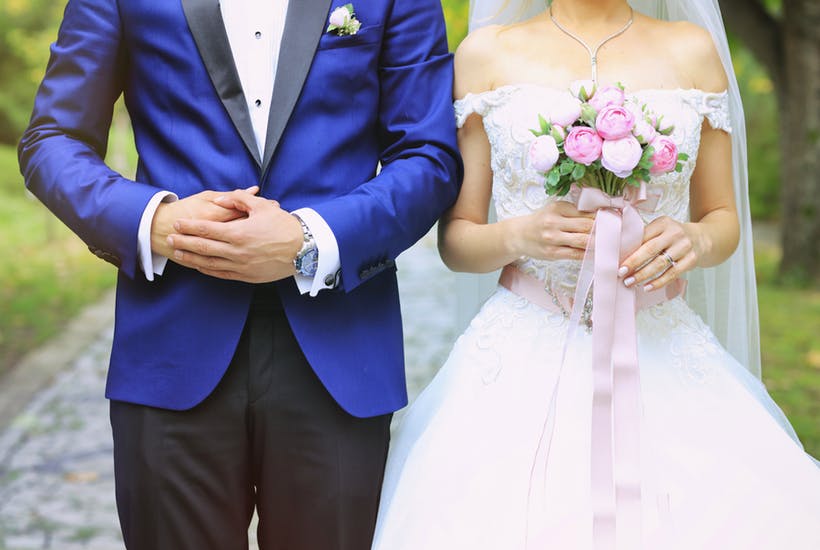We went to the perfect midsummer wedding of my wife’s god-daughter in Norfolk this weekend. The service was pure Book of Common Prayer, omitting only some of the longer prayers and the woman saying ‘obey’ and (I think) ‘serve’. The service states the theological nature of marriage (‘signifying unto us the mystical union that is betwixt Christ and His Church’), and then its purposes. These are 1) children, ‘to be brought up in the fear and nurture of the Lord’. 2) as ‘a remedy against sin, and to avoid fornication’. 3) for ‘the mutual society, help and comfort, that the one ought to have of the other, both in prosperity and in adversity’. I found myself checking off how many of these concepts would win the assent of most people in modern Britain. None of the religious stuff, of course. No duty (as opposed to desire) to have children, or to have them in wedlock, or to bring them up godly. No remedy for fornication, because it is thought to need no remedy. That leaves only ‘the mutual society, help and comfort’, and even this, nowadays, is freely available — at least in theory — just as much to couples unmarried as to married. So what’s left? Two lines of Larkin, from different poems, seem relevant. The first is about each person discovering in a church ‘A hunger in himself to be more serious’; the other, of course, is ‘What will survive of us is love’. The thought is inspired by a double grave (the Arundel Tomb in Chichester cathedral), but it is about marriage.
For about 50 years now, men have long ceded those ‘obey’ and ‘serve’ promises to women’s rights. So shouldn’t women reciprocate and release men from the promise (given most good-heartedly on Saturday), ‘with all my worldly goods I thee endow’?
This is an extract from Charles Moore’s Spectator Notes, which appears in this week’s issue







Comments